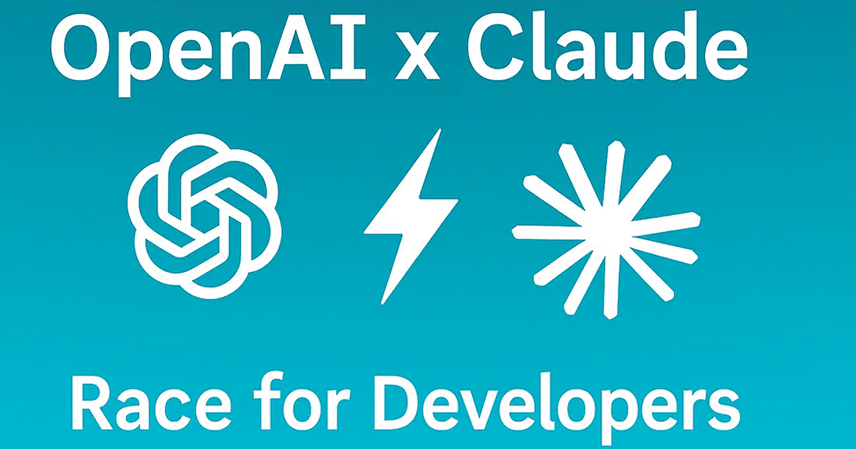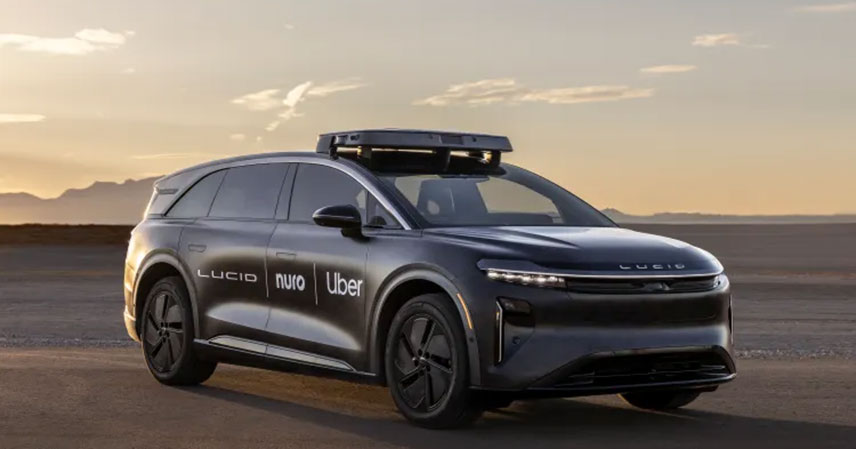The world of artificial intelligence is heating up, and a recent clash between two major players, OpenAI and Anthropic, highlights the intense competition and strategic maneuvering in this rapidly evolving field. Anthropic, the creator of the powerful Claude AI model, abruptly severed OpenAI’s access to its APIs, citing violations of its terms of service. This move has sent ripples through the tech industry, raising questions about fair competition, data security, and the future of AI development.
This incident underscores the escalating rivalry between leading AI companies, each striving to maintain a competitive edge in the race to develop the most advanced and capable AI systems. The implications extend beyond a simple business dispute; they touch upon the broader ethical considerations surrounding AI development and deployment.
What Happened? 📝
OpenAI, the company behind the widely popular ChatGPT, had been utilizing Anthropic’s Claude API, specifically Claude Code, for internal testing and benchmarking purposes. This access was granted through special developer APIs, allowing OpenAI to run various tests comparing Claude’s capabilities with its own models, including GPT-5, which is rumored to be exceptionally proficient in coding.
According to Anthropic, OpenAI’s use of Claude violated its terms of service, which explicitly prohibit using the service to develop competing products or reverse engineer its technology. Anthropic claims OpenAI’s actions were a direct breach of contract.
Why Did Anthropic Take Action? 🤔
Anthropic’s decision to cut off OpenAI’s access stems from its concerns about fair competition and the potential misuse of its technology. The company’s terms of service clearly outline restrictions designed to prevent competitors from leveraging Claude’s capabilities to develop rival AI models. This action is consistent with industry standards, where companies often restrict access to their APIs to prevent competitive advantages from being gained unfairly.
The timing of the API cut-off is also noteworthy. It coincided with the anticipated release of OpenAI’s GPT-5, a new model rumored to be a significant improvement over existing AI models, particularly in coding tasks. This suggests Anthropic may have been concerned that OpenAI was using Claude to accelerate the development of GPT-5, giving them an unfair advantage.
OpenAI’s Response and Industry Practices 🗣️
OpenAI responded by stating that evaluating other AI systems is standard industry practice for benchmarking progress and enhancing safety. They expressed disappointment with Anthropic’s decision, pointing out that their API remains accessible to Anthropic. This highlights the common practice of competitive benchmarking within the AI field, where companies assess the strengths and weaknesses of their competitors’ models to improve their own.
Benchmarking is crucial for progress and safety in AI development. By comparing its own models to others, a company can identify areas for improvement, address potential vulnerabilities, and ensure its AI systems meet high safety standards. However, the line between legitimate benchmarking and unauthorized appropriation of technology can be blurry.
The Broader Context: API Access and Competition in Tech 🌎
The actions taken by Anthropic are not unprecedented in the tech industry. Similar incidents have occurred in the past, with companies like Facebook restricting access to APIs for competitive reasons. This practice underscores the strategic importance of APIs and the potential for conflict when access is controlled by a dominant player. The ongoing legal and ethical debate surrounding such actions continues.
The incident involving Windsurf, an AI coding startup, further illustrates Anthropic’s commitment to protecting its technology from competitors. The fact that Anthropic revoked Windsurf’s access after rumors of an OpenAI acquisition suggests a proactive approach to safeguarding its intellectual property and maintaining a competitive edge. This highlights the aggressive nature of the current AI landscape.
Key Takeaways 🔑
- Anthropic cut off OpenAI’s access to its Claude API due to alleged violations of its terms of service.
- The move highlights the intense competition and strategic maneuvering in the AI industry.
- OpenAI was reportedly using Claude to benchmark its own models, including the upcoming GPT-5.
- Restricting API access to competitors is a common tactic in the tech industry, but raises ethical and legal questions.
- The incident underscores the importance of clear terms of service and the need for responsible AI development.
This incident serves as a stark reminder of the complexities and challenges inherent in the rapidly evolving AI landscape. As the competition for dominance intensifies, we can expect to see more strategic maneuvers and potentially more conflicts like this one. The long-term implications for AI development and the broader tech ecosystem remain to be seen.



